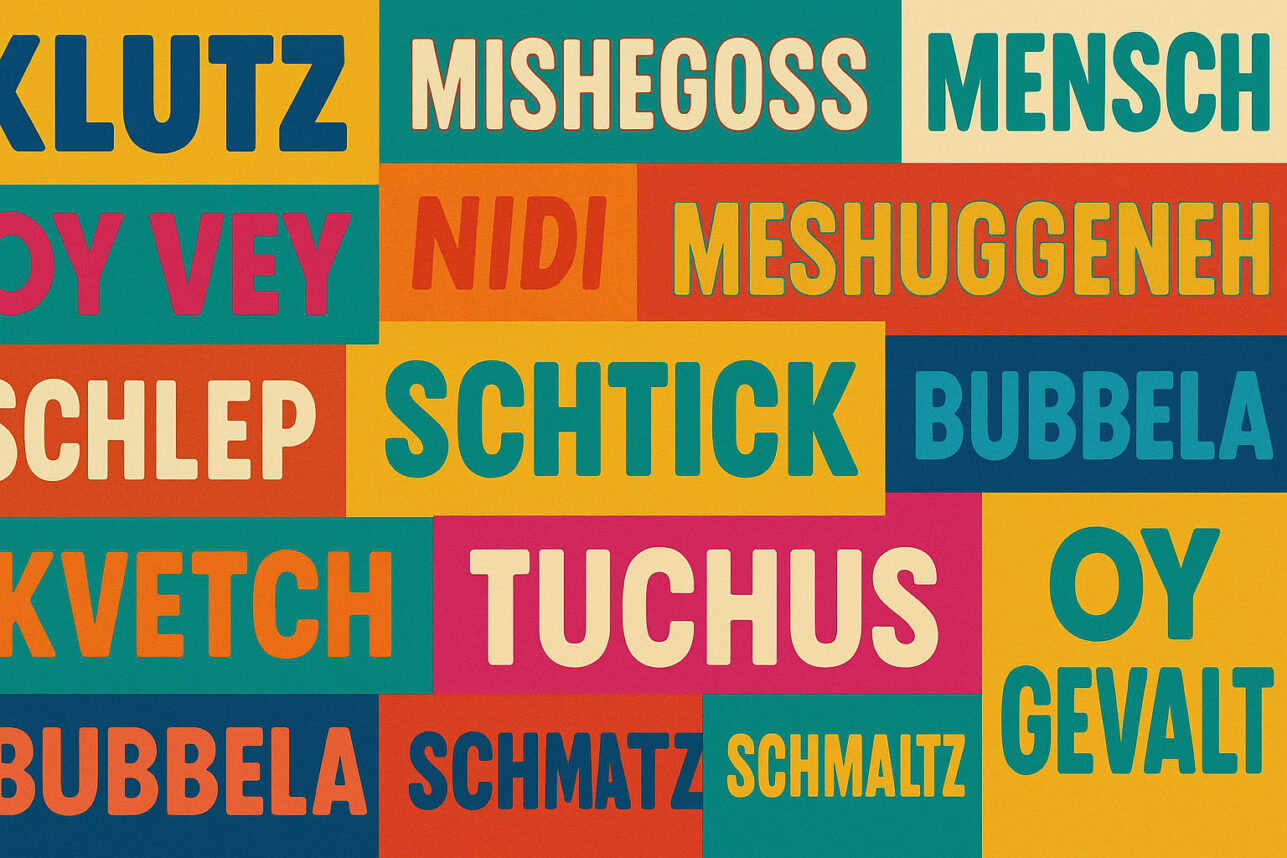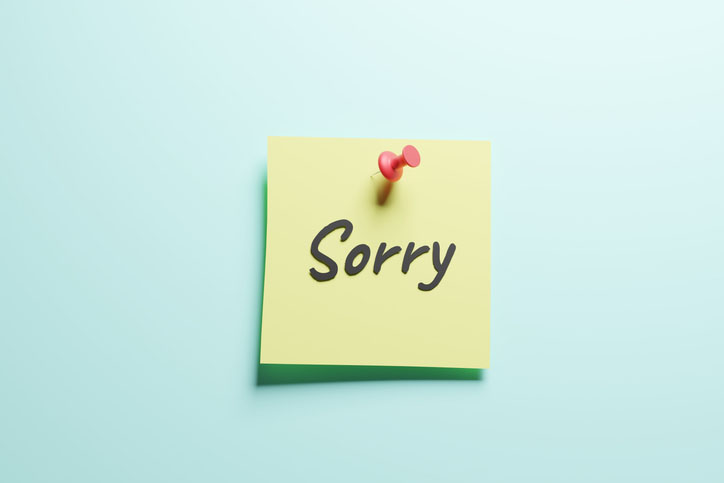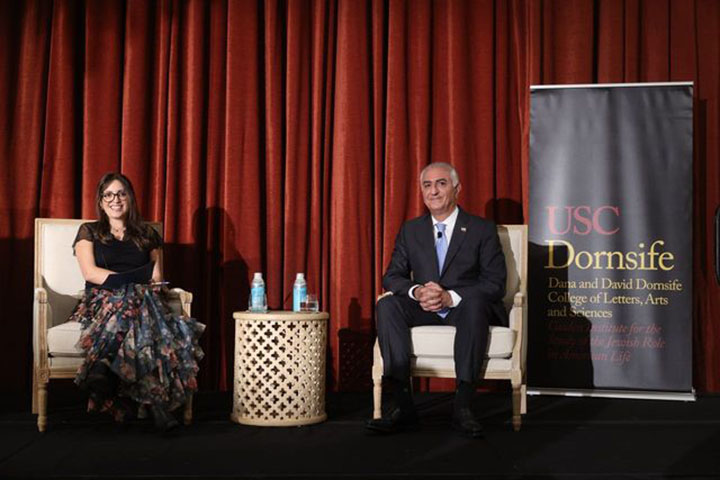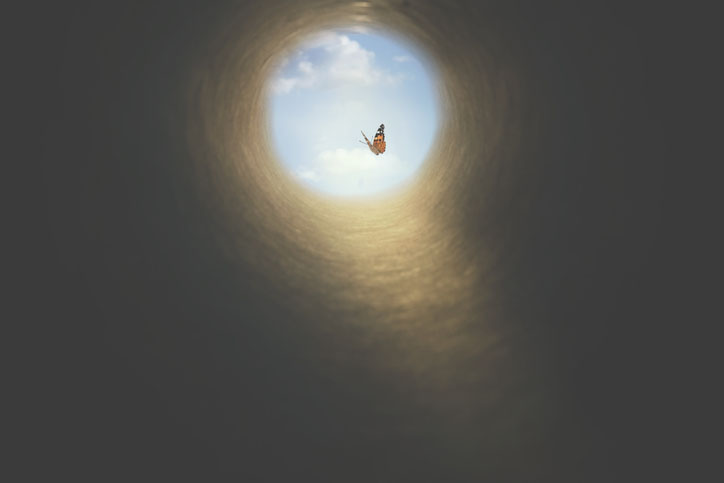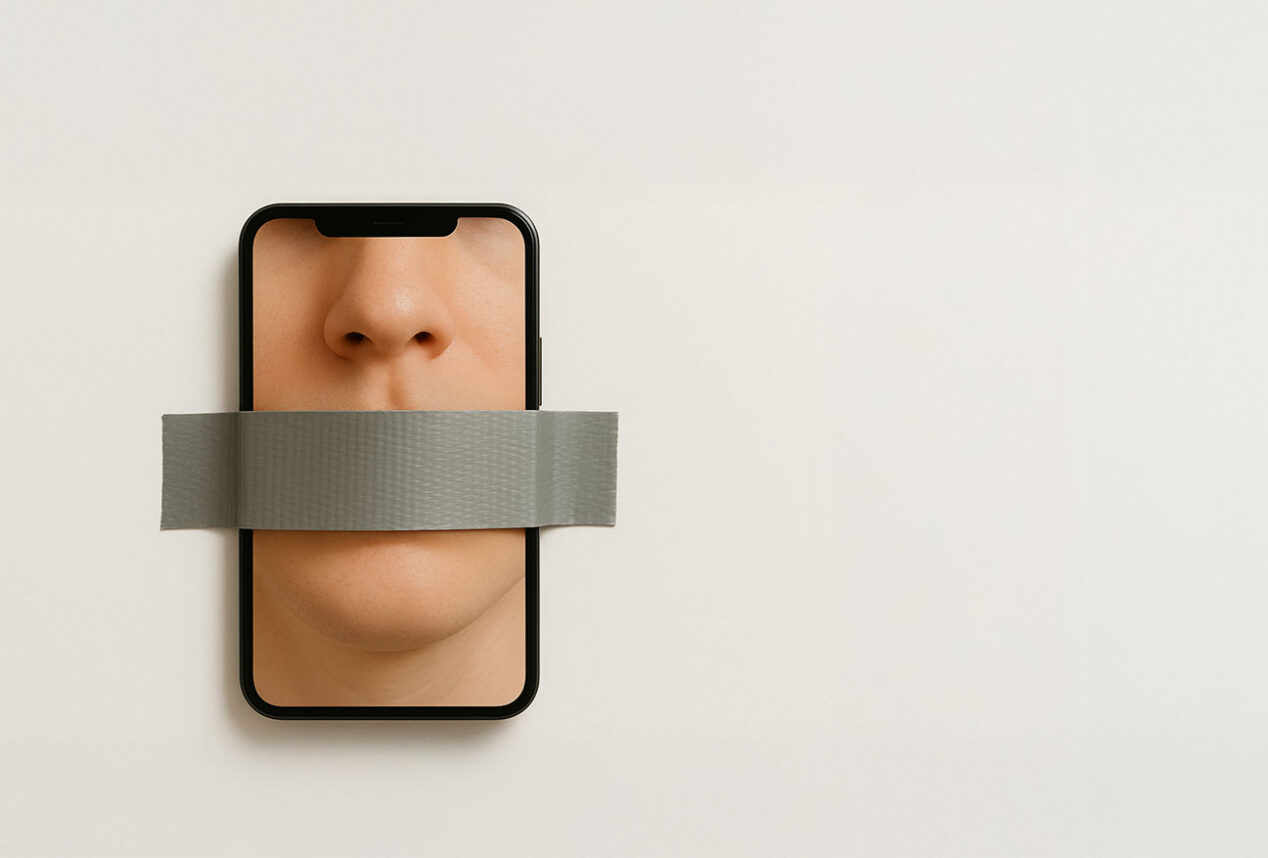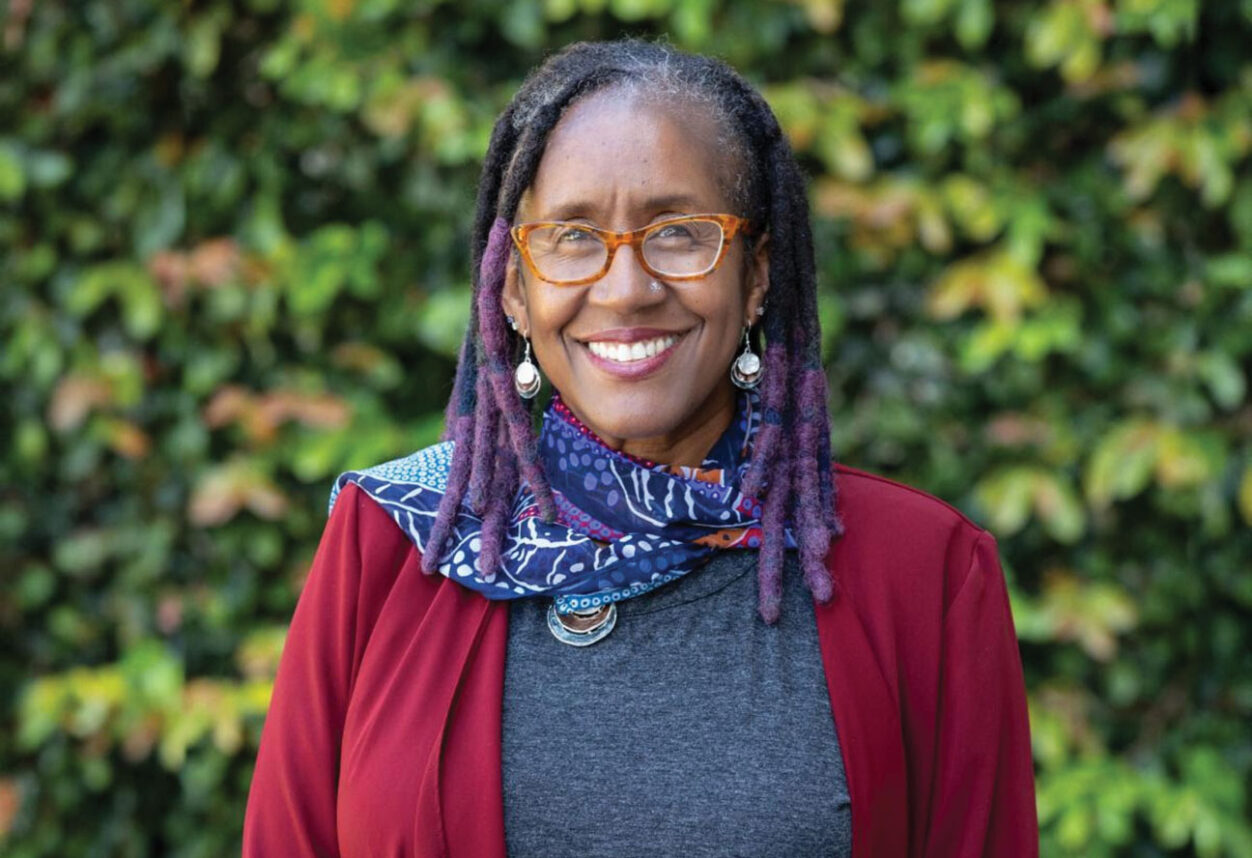You’ve bought the perfume. You’ve ordered the flowers. You’ve reserved the brunch. You forgot the card.
Picking out exactly the right thing to say to mom on her special day is not easy. The funny cards aren’t very Jewish; the Jewish cards aren’t very funny.
Then you spot a black-and-white card with a picture of a woman in a housedress and slippers holding up some clothes. The front says, “Schmataphobic” — the inside says, “I Have a Fear of Old Clothing.”
Somehow, this card channeled the spirit of your mother.
“Jews have always relied on laughter to get through tough times,” said Riva Scher, who with friend Sue Kupcinet created Yenta Sentiments, where the motto is: “Have we got a card for you!”
Scher, of Tarzana, and Kupcinet, who lives in Encino, met in 1998 and became friends in 1999, when Scher asked Kupcinet to proofread a book she wrote.
“Neither of us wanted to be yentas,” Kupcinet told The Journal.
The idea for the line started in 2001, when the youthful-looking grandmothers saw what they thought was a sign for Yenta Tattoos (it turns out the word was Yona) and wanted to make tattoos for Jews, such as a heart with “Bubbe Loves Zayde” inside. Since Jewish law forbids tattoos, the idea evolved into greeting cards.
The cards, which can currently be found in the Chicago area and locally at eateries like Fromin’s and Factors, were rejected by several stores in the Fairfax area, because the owners thought them too offensive.
Each of the cards features a funny saying such as, “I Plotz. Therefore I am,” and old pictures of the family members of its creators. They will use photos of other people’s families, provided the pictures are more than 25 years old or they have permission from the photographer.
The women hope to expand the business to include magnets, bookmarks and sticky notes and hope buyers at the New York International Gift Fair in August kvell over their creations. They agree that writing the cards has been a very therapeutic experience.
“These words were made for smiling,” Kupcinet said.
Did you enjoy this article?
You'll love our roundtable.
Editor's Picks



What Ever Happened to the LA Times?

Who Are the Jews On Joe Biden’s Cabinet?


No Labels: The Group Fighting for the Political Center
Latest Articles

How Not to Respond to the Charlie Kirk Memorial Service

Living as Jews in Latin America After Oct. 7

On These High Holy Days, Rabbis Must Restore Jews’ Faith in Israel

Our Sacred Promise

Investing in Israel is No Longer About Charity





